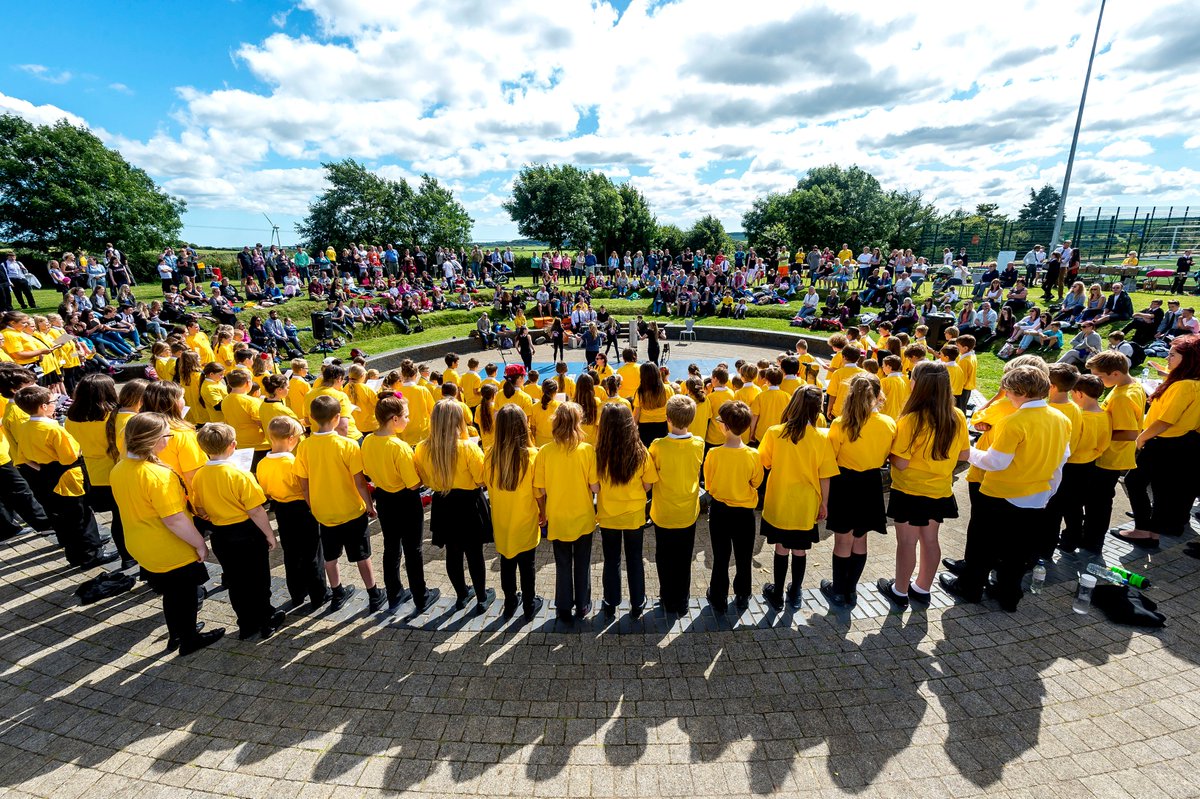Curriculum Content
Year 7 |
Autumn Term – Who Am I? /The Elements of Music: Pupils explore the elements of music and discover the building blocks of composition, performance and listening. Spring Term – British Values/The Orchestra: Pupils discover how to use and write pitched notation whilst exploring the instruments of the western orchestra. Summer – Festivals/Samba: Pupils further their knowledge of rhythm through exploration of festivals and performing within a Samba ensemble |
Year 8 |
Autumn Term – Four Chords: Pupils get to grips with three note chords, developing a knowledge of popular music culture and how many songwriters have the ability to write a hit song with just four chords. Spring Term – Riff and Grounds: Pupils explore the Baroque technique of “Ground Bass” linking this century old technique to the modern riff. Summer Term – Improvisation: Pupils look at the conventions of improvisation through use of the blues scale and 12 bar blues chord progression. |
Year 9 |
Autumn Term – Music for Film: Pupils explore the compositional devices used to write Leitmotifs for film. Spring Term – Song writing: Pupils use their knowledge of chords, structure and melody to create their own songs in a choice of popular genres. Summer Term – Sequencing: Pupils use a range of music technology to build sequenced “mash ups” that feature a range of audio processing and mix down techniques. |
Year 10 |
Pupils studying the BTEC First Award in Music choose two optional units to study from a range of units. These units allow pupils to tailor coursework to their strengths and can take the form of a music technology, traditional or mixed focus for pupils: Introduction to live Sound: Pupils work through various techniques understanding how to use different microphones and microphone placement to produce live sound. Pupils then develop this knowledge and apply it to their use of mixing live sound on a mixing desk. Pupils are assessed on a live sound event as well as a series of written tasks. Introduction to Composition: Using Sibelius scoring software, pupils create a series of initial ideas based on various stimuli and compositional techniques. From this starting point, pupils will then extend two of their initial ideas, developing their work. From their extended ideas, pupils pick one composition to work with and use a range of appropriate compositional techniques and devices to produce a complete piece. Pupils are assessed on all of these tasks. Introduction to Performance: Pupils choose two contrasting pieces to work with. Through a series of evidenced tasks (recorded and written), pupils demonstrate their development with performance. Pupils are assessed in a live sound event with an audience. Introduction to Recording: Pupils learn how to record live sound in our recording studio using industry standard hardware and software. Pupils produce professional standard mix downs with an understanding of studio production. Pupils are assessed on their final mixdown as well as a number of written tasks. Introduction to Sequencing: Pupils use Cubase or Logic software to produce music mash ups that develop and demonstrate their understanding of sequencing software. This includes a range of audio processes mixed with use of sound effects and sound clips. Throughout Year Ten pupils complete their coursework for both of these optional units whilst also studying towards Unit 1 “The Music Industry”. Unit 1 is the compulsory exam unit which focuses on a working knowledge of the music industry, it’s many job roles and organisations. |
Year 11 |
Pupils studying the BTEC First Award in Music begin Year 11 working towards their compulsory Unit 2 “Managing a Musical Product”. In this unit pupils are required to create a musical product and then learn to see that product through to completion. This will include making, promoting and delivering the product to its end goal to a professional industry standard. Pupils will also continue to work towards the Unit 1 exam which they will sit in January. |
Curriculum Approach
The Performing Arts curriculum at Brannel is planned with a broad curriculum in mind. We want pupils to immerse themselves in a myriad of learning styles and practical experiences. Transferable skills are widely learned as the curriculum prepares pupils for KS4 courses and further study. A wide range of extra-curricular activities are available to take part in as well as peripatetic lessons.
Phase of Education Specific Requirements
Courses available to pupils at key stage 4, including GCSEs:
- Music – BTEC Level 2 First Award in Music
Find Out More
To find out more about the independent tasks for KS3, please refer to the Realsmart portfolios. Here you will also find more details about end of unit assessments and the criteria that we use to assess student progress. Alternatively, please contact the head of department or your child’s class teacher.
Future Careers
The Arts sector is one of the fastest growing in the UK. Careers are hugely varied and include: Actor, Theatre Technician, Costumer Designer, Make-Up Artist, puppeteer, Community Arts leader, teacher, Drama/Music therapist, session musician, sound engineer, record producer, music journalist, Artist manage, venue manager.
Music Learning Journey
We equip students with the skills and experiences during their time at school, to be able to progress to Further and Higher Education and ultimately be able to pursue a career within the Music Industry.
View our Music Learning Journey.


